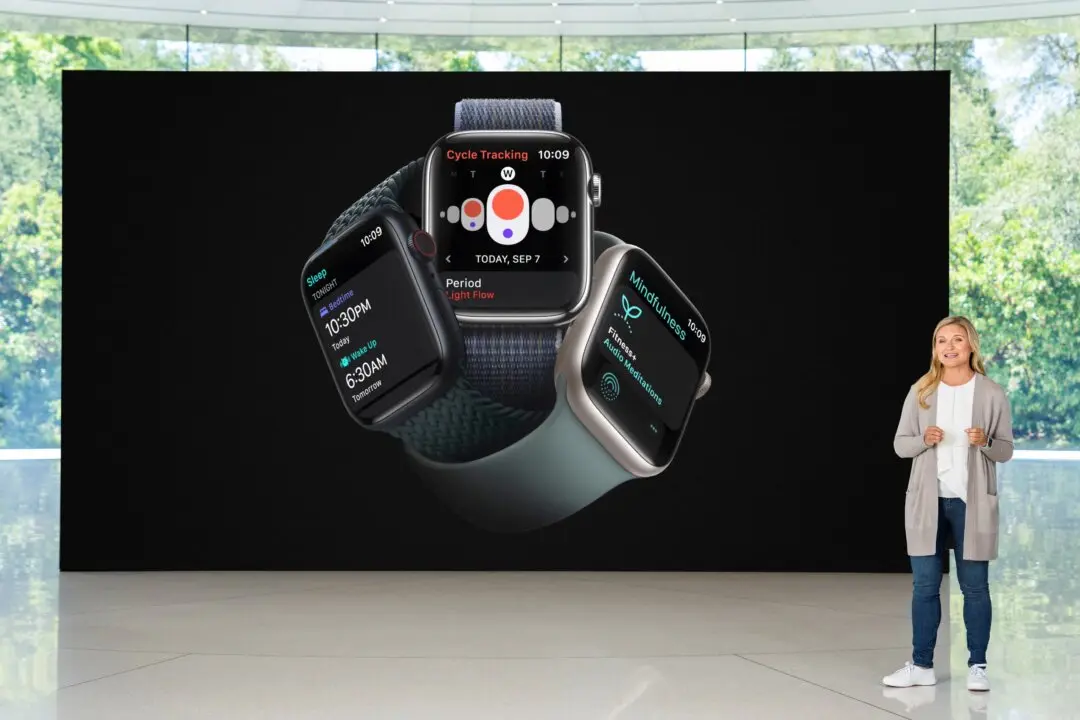Apple is facing a federal class-action lawsuit in New York over claims that a blood oxygen reader app on the Apple Watch yielded inaccurate results for minorities.
Alex Morales, a New York resident, filed the lawsuit on behalf of several customers against the tech giant on Dec. 24, alleging that the Apple Watch’s blood oximeter had a “racial bias” against dark-skinned individuals.





